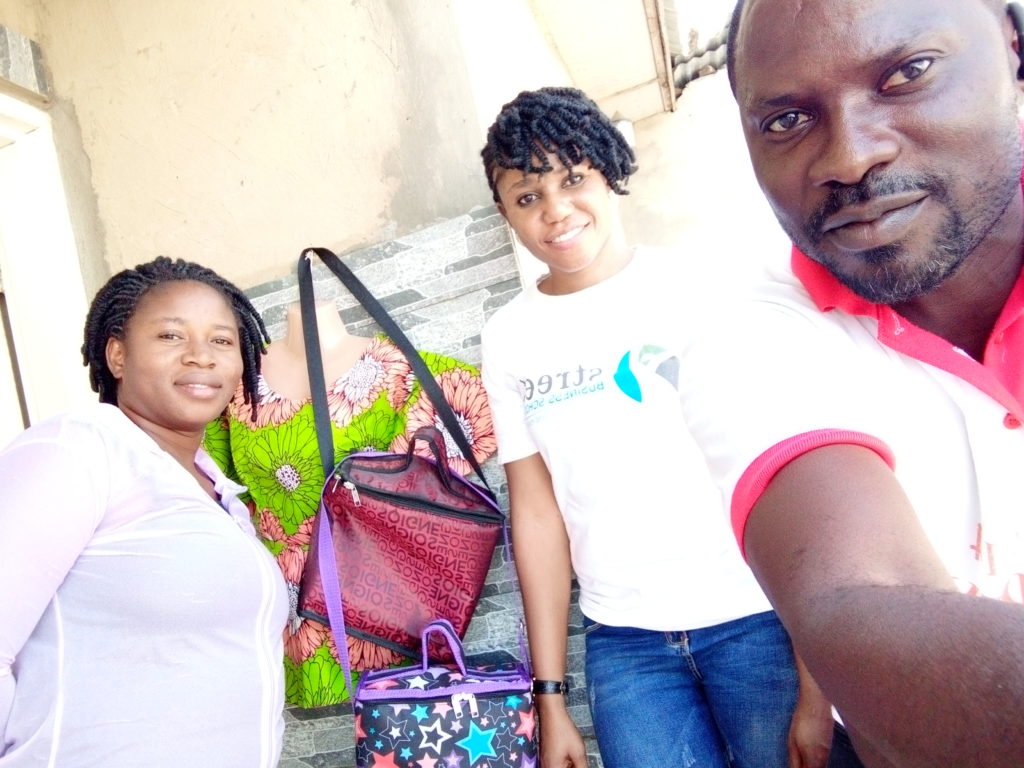Improving access to the labor market in the informal economy increases income, reduces unemployment, and thus reduces poverty.
“According to UNICEF, 22,000 children die each day due to poverty, and they die quietly in some of the poorest villages on earth, far removed from scrutiny and the conscience of the world. Being meek and week in life makes these dying multitudes even more invisible in death. -www.globalissues.org(Poverty Facts and Stats.
There is no easy way to know who is poor and who is not although, we look at the living condition of people to get an idea of the situation. Poverty can be seen as a condition in which individuals, families or group are considered to be in want and lack the resources, particularly income to obtain the basic necessities of life such as food, water, health etc.
THE VICIOUS CYCLE OF POVERTY
The vicious cycle of poverty simple means poverty begets poverty, its illustrate how poverty causes poverty and traps people in poverty until an external intervention is applied to break the cycle.
See an illustration below of a poor family
A family with low income, with children have little to eat, and have no access to education, and health facilities. As a result, the children are malnourished and unhealthy and have many health complications. They grow up with no education or skill and cannot do an economic activity. Their parents die from preventable disease as a result of lack of health facilities and their fate is in their hands. As these children turns Adults, they find wives who are just on the same level of poverty as them, and they have their own children, who will grow up in similar conditions. It takes an intervention to bring them out of these situations by equipping them with some kind of economic activity such as vocational skills, business skills and changing their mindset.
SI4DEV is on the mission to end poverty through the Street Business school program currently in 6 communities in Nigeria, The vocational skill training of unemployed youths in yenegwe community, Bayelsa, and Pakuro women empowerment program in Ogun state.
You can join us to end poverty in Nigeria through any of the following programs:
-
Vocational skill training for unemployed youths in Jos, Plateau state
This project will identify and provide vocational skills training to unemployed youths and teenagers and recent school dropouts, to enhance employability and provide a skilled foundation to build them a career, therefore reducing levels of unemployment in those aged 17-30years. These young people will be empowered to believe in their dreams and to enable the acquisition of income through formal and informal job prospects so that they can support their household and families.
The Challenge
In Plateau State, Nigeria, youth and teenagers are facing the most hardships and lack of belongingness within the society. In Bulbula Community of the state, they constitute a big chunk of the population, yet they remain the most subjugated and marginalized. The difficult circumstances that they face is because of limited opportunities for education and skills training, viable employment, health and social services, and because of a growing incidence of substance abuse and juvenile delinquency.
SOLUTION
This skills acquisition program will be located in the community and will engage teenagers and youth on skills that would help them for self-reliance, inculcate social values and norms of the society and to map out pathways for national development. In the community, education is not enough to compete with the resentments that lead to social uprising in the community, this project will prioritize the need of teenagers and youths in the community to give them a hope for a better future.
Long-Term Impact
The project will serve the teenagers and youths of the community in the following ways: 1. Environment/Gender: Support a healthy, gender balanced, prosperous and productive society. 2. Economic: Provide the skills & knowledge needed to the participants of the training where they will generate income to be able to feed themselves. Beneficiaries will become self- reliant and strongly resilient in addressing their challenges through the newly acquired learning and skills.
-
Business Skills Training for 90 Kano youths
Many youths from low-income backgrounds in Kano state suffer low self-esteem and their outlook on life means that they make poor decisions that affect their future negatively. The level of crime is about 70 % and has grown by 60% in the past 3 years. The high levels of violence, police intimidation, poor schooling and unemployment render young people extremely vulnerable to a vicious cycle of poverty, drug abuse and crime.
Solution
This project will build the capacity of 30 youths in Dakata community of Kano on entrepreneurial skills and train another 60 youths as antidrug peer educators. Target beneficiaries will be youths in Dakata community enrolled in the Paradigm Initiative class, comprising of both males and females from 16-30 years. This will include workshops, presentations, focus group discussion with stakeholders, selection and training of peers in two sets (30 persons per set)
Long-Term Impact
90 young people will get a boost to their self-esteem and develop increased resilience from learning about business skills to grow their enterprises and drug abuse awareness they can teach to others. In the long term, the youths will grow to become role models who positively influence their peers, and the drug abuse and crime rate in the society will be reduced. These young leaders will be inspired to lead social change in their communities and the country as a whole.
